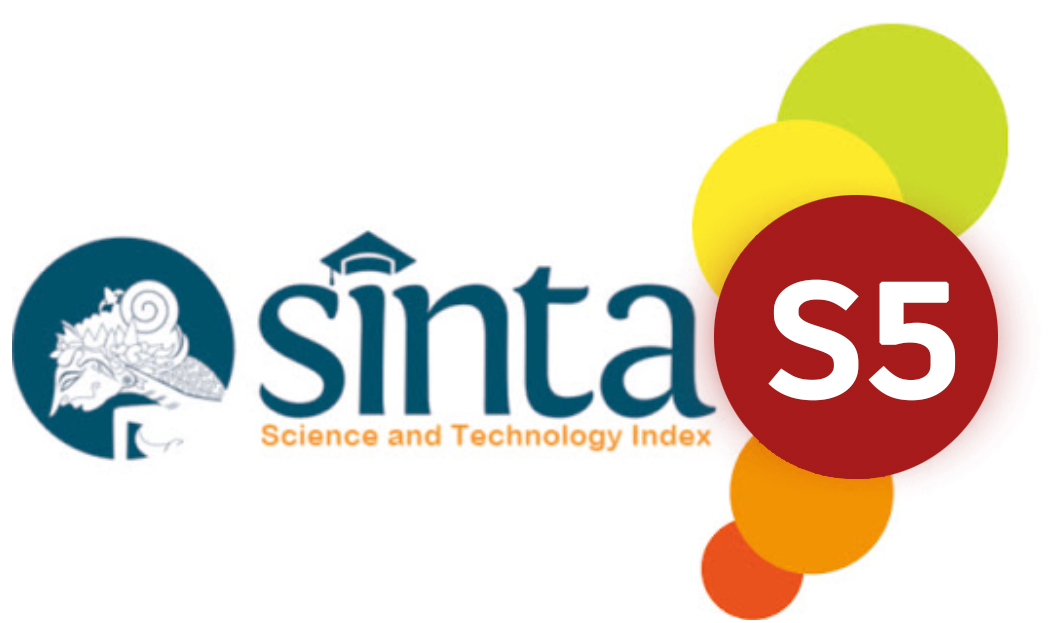Studi Kuat Tekan Beton Speedcrete Dengan Zat Additive Naphthalene Berdasarkan Variasi Umur
DOI:
https://doi.org/10.21009/jmenara.v14i2.17481Keywords:
Age Variation, Speedcrete Concrete, Compessive StrengthAbstract
This research aims to determine the maximum compressive strength value of concrete speedcrete using naphthalene additive additive at each test age and compare with normal concrete 28 days. This research used cylindrical test object with diameter 15 cm and height 30 cm. Speedcrete concrete does not undergo the treatment process while the normal concrete test object through the treatment process. Testing compressive strength of concrete speedcrete using Crushing Test Machine tool. In this research the compressive strength was produced by using superplasticizer type naphthalene and compared with normal concrete without using additive. The target quality plan is fc '35 MPa with the use of additive dose of 1.7% of the weight of cement. The results of this research showed an increase in the value of compressive strength of concrete speedcrete with aadditive materials added naphthalene increased with increasing age of concrete. The results showed that the compressive strength of concrete speedcrete with naphthalene additive materials of 12 hours, 18 hours, 28 hours and 48 hours was 0.5 MPa, 17,81 MPa, 31,14 MPa and 45,77 MPa. Normal strength concrete strength with the addition of 20% water age 28 days that is equal to 54.76 MPa.
Downloads
Published
Issue
Section
License
Authors who publish with this Journal agree to the following terms:
- Author retain copyright and grant the journal right of first publication with the work simultaneously licensed under a creative commons attribution licensethat allow others to share the work within an acknowledgement of the work’s authorship and initial publication of this journal.
- Authors are able to enter into separate, additional contractual arrangementfor the non-exclusive distribution of the journal’s published version of the work (e.g. acknowledgement of its initial publication in this journal).
- Authors are permitted and encouraged to post their work online(e.g. in institutional repositories or on their websites) prior to and during the submission process, as it can lead to productive exchanges, as well as earlier and greater citation of published works.










